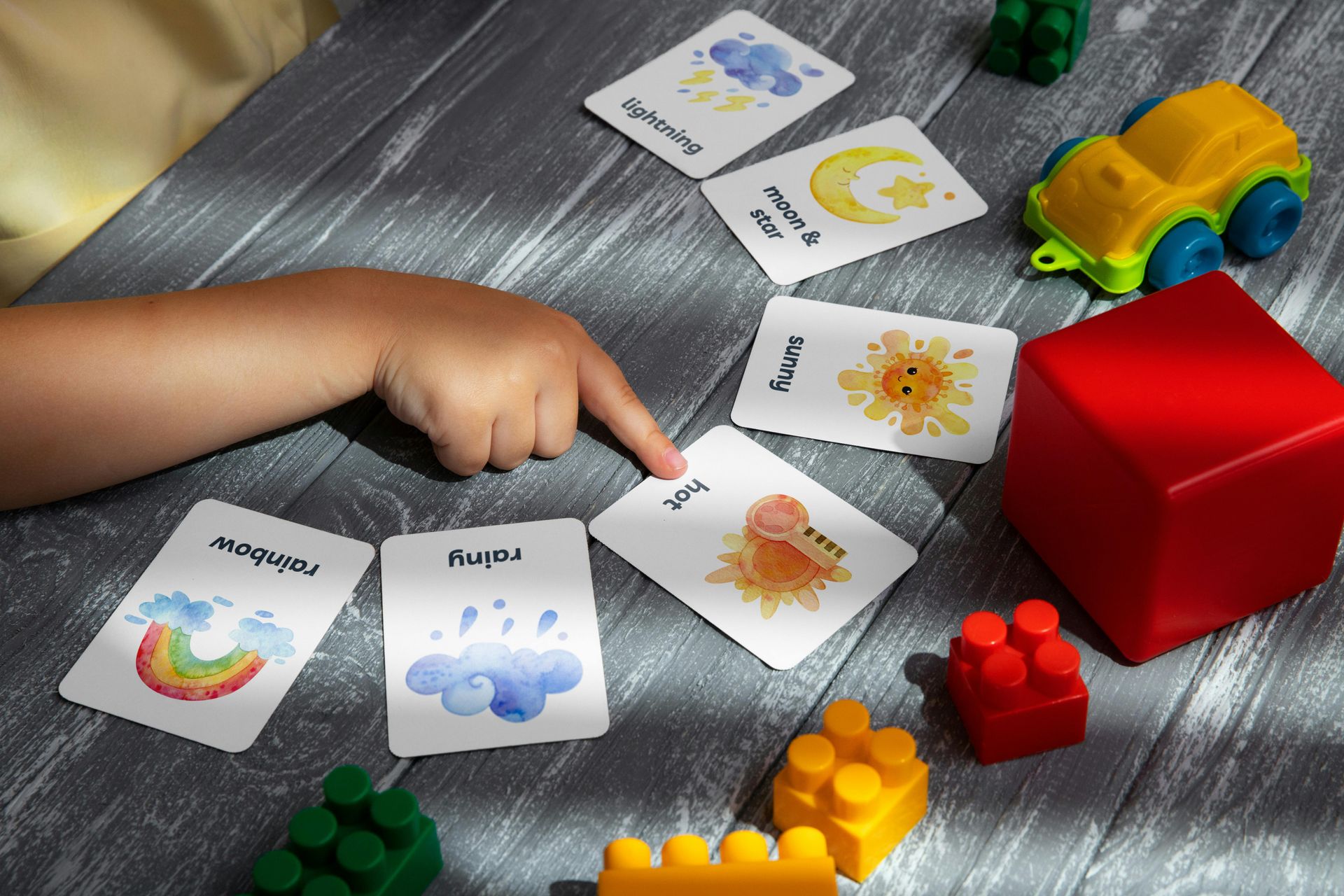Remaining Calm During a Meltdown

What is your first reaction when your child drops to the ground, crying and screaming? Do you get upset as well? Do you feel helpless? Angry? Meltdowns can be incredibly frustrating for all involved. It may help to have a plan in place for what to do when they occur.
Meltdown or Tantrum
It helps to first understand the distinction between meltdowns and temper tantrums. A meltdown may occur as a result of a child with autism’s struggle to control their reactions or verbalize a response to a wide variety of internal or external factors. A child may melt down over sensory issues, loud noises, overheating, phobias, being in a crowd or around strangers, and many other reasons.
Tantrums are generally a more intentional reaction. They can occur when a child wants a specific item or activity, or as a way to try to avoid an unpleasant task. Tantrums can be deescalated through the use of targeted behavior plans and specific strategies. On the other hand a tantrum can also escalate into a meltdown if the child becomes overstimulated by their own physical reaction.
Meltdown Tips
1. Don’t take it personally. A meltdown is not about you; it is about your child trying to cope with sensory input or other issues and not being able to communicate about this stress. Breathe, take a sip of water, or find other ways to help you stay calm. Keep the focus on what is best for your child.
2. Listen. First, “listen” to your child’s body language. Observe. Then if they are verbal, listen when your child is ready and able to talk. Resist the urge to ask questions in the moment. This can add more stress for your child and for you.
3. Be present for comfort and support. This may mean holding your child or sitting with them. Or this may mean giving them some space. You will learn what your child needs and prefers. Whatever you do, do not leave a child unattended during a meltdown.
4. Ensure a safe environment. Take a moment to scan the immediate area and remove any items that could pose a hazard. Ideally, by having some pillows or cushions handy, you can help protect your child against self-inflicted harm like head-banging or biting.
5. Teach, don’t punish. Remember that your child will learn more from being taught coping strategies or alternate behaviors than they will from being punished by a time-out or other consequence. If it helps, think about a meltdown as communication, not a behavior issue.
6. Plan ahead. Unfortunately, a meltdown can happen anytime and anywhere. You may want to keep a blanket, soft jacket, and favorite toy or stuffed animal nearby at all times. If a meltdown starts in a public place, plan to keep your focus on your child and pay no mind to who can see you and what they might think. Your priority in this moment is your child.
Your ABA team here at Positive Reinforcement can help you come up with a plan to be prepared for any meltdown behaviors in any setting.
Positive Reinforcement offers ABA therapy in Bluemont, Middleburg, Upperville, Aldie, Chantilly, Manassas, Woodbridge, Winchester, Front Royal, Middletown,Round Hill, Leesburg, Ashburn, Charles Town, Ferguson, Science Hill, Pulaski Fairfax county and More!










